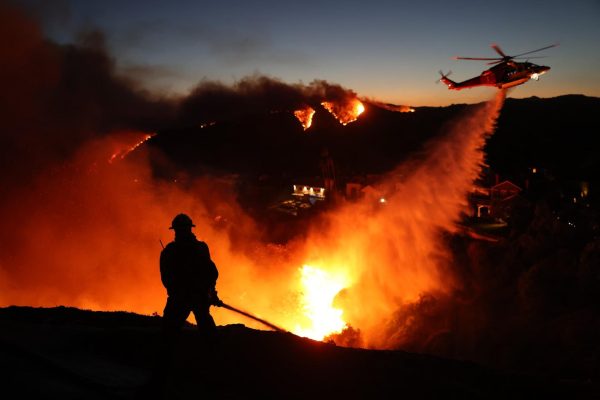The Legacy of John McCain III: The Great, The Worst, and all of the in Between
In the late afternoon of August 26th, headlines all across America spread the news on the passing of Senator John McCain. For some, he was considered a man of courage, for others, he was a bigot, and for the rest: they simply knew him as the presidential candidate who lost against Barack Obama. Nonetheless, he was known as a bold American (whether for good or bad reasons) and a patriot who, in turn, was very outspoken.
After graduating from the Naval Academy and flight school in 1973, McCain had volunteered for combat duty in North Vietnam. His plane was shot down, resulting in two broken arms and a leg, and to become a prisoner of war. His name was very well known, due to his famous father and grandfather being US Naval Officers, and when he was offered an early release, he declined, knowing it would violate military code of conduct. For the next five and a half years, he was tortured and beaten in prison camps. He returned home and received the Silver Star, Bronze Star, Purple Heart Distinguished Flying Cross, and an amazing reputation for a man that served his country.
In 1982, he entered the world of politics when he ran and won his seat in the House of Representatives, and in 1986, McCain won his election to the U.S. Senate. He was fearlessly direct on his opinions of bigger matters, such as the Iran Contra Deal, and his immense support for the Iraq War. This led to a range of debate between the democrats and republicans. Additional and more controversial things he had said were being noted, such as racial slurs against Iranians, Arabs and Vietnamese, and his bigoted claims during the rise of Islamophobia.
Although he was labeled as contentious, he oftentimes challenged republican orthodoxy and conservatism, which was greatly and notably seen during his criticism of President Trump’s nationalistic impulses, his welcoming stance on free trade and immigration, and his reputation on his willingness to work with liberals. Although he made many previous claims of his openness for war, he prominently condemned the CIA’s tactics of torture methods as it connected too deeply to his own experiences during the Vietnam War. He denounced many of the opinions of the Republicans on issues such as immigration, explaining that anyone deserves an opportunity in America, for as long as they respect the values of it.
In July of 2017, McCain was diagnosed with brain cancer which he revealed in his latest memoir. His cancer forced him to step back from his role in the Senate. A little over a year later, after many surgeries and treatments, he made a public statement to stop his treatment. A day later, John McCain III passed away in his home in Arizona, with his family beside him. As any figure or leader in the world, John McCain held respectable and unfavorable qualities to himself. Nonetheless, he was a symbol of bravery, boldness, and patriotism. He was cooperable, yet stubborn; open minded, yet controversial; he had adversarial moments, but was still a hero.








